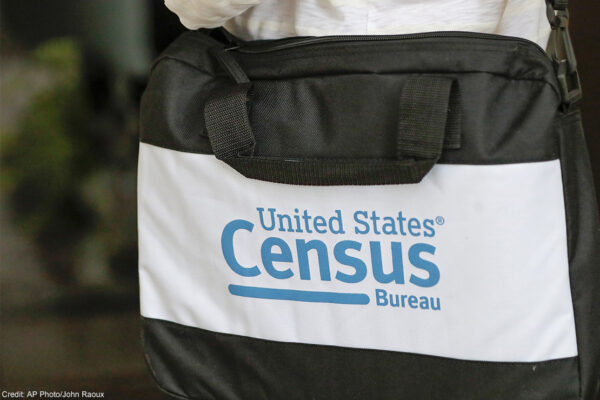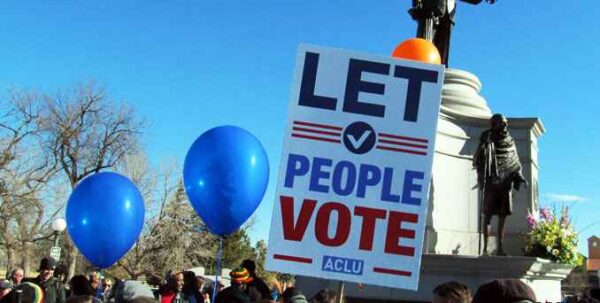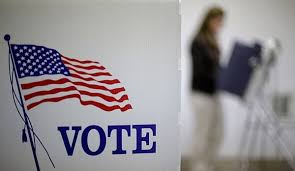VICTORY! Supreme Court Invalidates Cumbersome Arizona Voter Registration Requirement
FOR IMMEDIATE RELEASE
CONTACT: 212-549-2666, media@aclu.org
WASHINGTON – The U.S. Supreme Court today invalidated a burdensome Arizona state documentation requirement that restricted its citizens' ability to register to vote in federal elections.
In the case, Arizona v. The Inter Tribal Council of Arizona, the American Civil Liberties Union and other organizations represented individuals and organizations negatively impacted by Arizona's law, Proposition 200. The case centered on the question of whether the state law conflicted with the federal National Voter Registration Act, also called the "motor voter" law.
"For two decades, the 'motor voter' law has made it dramatically easier for Americans to register to vote by instituting a standard, uniform voter registration form nationwide," said Laughlin McDonald, special counsel and director emeritus of the ACLU's Voting Rights Project. "This decision reaffirms the principle that states may not undermine this critical law's effectiveness by adding burdens not required under federal law. In doing so, the court has taken a vital step in ensuring the ballot remain free, fair, and accessible for all citizens."
Congress enacted the NVRA in 1993 in order to streamline cumbersome state voter registration laws and make voter registration drives easier. The case stemmed from a 2006 lawsuit brought as a result of Proposition 200, a 2004 law that requires Arizona election officials to reject NVRA-mandated federal voter registration forms unless they include certain documents proving citizenship. The NVRA form requires only that an applicant sign a statement affirming citizenship.
Nationwide, an estimated 13 million people lack documentary proof of their citizenship. In Arizona, 90 percent of the over 31,000 U.S. citizens whose voter registration applications were denied were actually born in the United States.
In 2012, the U.S. Court of Appeals for the 9th Circuit ruled that Arizona officials must accept the NVRA forms. The Supreme Court took up the case after the state of Arizona appealed that decision.
For more information on this case, please visit: aclu.org/voting-rights/arizona-v-inter-tribal-council-arizona.




